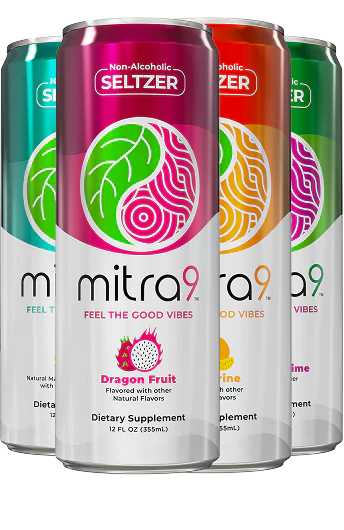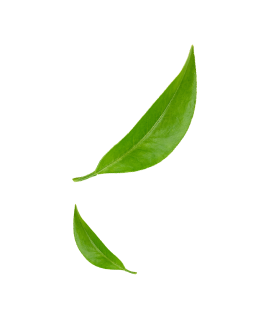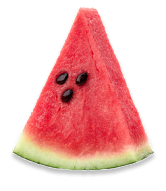The Pacific Islands, with their pristine beaches, turquoise waters, and vibrant cultures, have given the world many treasures. Among these, the Kava drink stands out as a unique and intriguing offering. Revered for centuries by the islanders, Kava is not just a drink but a tradition, a ritual, and for many, a way of life. Let's dive deep into the world of Kava and understand its significance, preparation, and effects.
What is Kava?
Kava, scientifically known as Piper methysticum, is a plant native to the South Pacific islands. The drink is made from the ground roots of this plant. In many Pacific Island cultures, Kava is consumed during ceremonies, social gatherings, and as a daily relaxant. The name 'Kava' itself is derived from the Polynesian word "awa," which means bitter.
The Cultural Significance
Kava holds a special place in the hearts of the Pacific Islanders. It's not just a drink but a symbol of hospitality, respect, and camaraderie. There are different types of Kava for Pacific Islanders. In Fiji, for instance, presenting a Kava root to a village chief is considered a gesture of goodwill. In Tonga and Samoa, Kava ceremonies are integral to political and religious events.
Preparing the Kava Drink
The traditional preparation of Kava is both an art and a communal activity. The roots are first sun-dried and then ground into a fine powder. This powder is then mixed with cold water. The mixture is strained using a cloth to remove coarse particles, resulting in a muddy, earthy beverage.
While traditional preparation is a lengthy process, modern methods have made it easier for Kava enthusiasts. Today, you can find pre-packaged Kava powder that only requires mixing with water.
The Kava Experience
For the uninitiated, the first sip of Kava can be an unusual experience. It has a strong earthy taste, which many describe as "acquired." But it's not the taste that has made Kava famous; it's the effects.
Kava is known for its calming and relaxing properties. Drinkers often report a sense of tranquility, reduced anxiety, and mental clarity. Unlike alcohol, Kava doesn’t impair cognitive functions, making it a preferred social drink for many.
The Science Behind Kava
The relaxing effects of Kava are attributed to compounds called kavalactones. These compounds interact with the brain's limbic system, which is responsible for emotions, motivation, and feelings of pleasure. Kavalactones do not lead to addiction or dependency, making Kava a safer alternative to other substances.
Is Kava Safe?
Like any substance, moderation is key. While Pacific Islanders have been consuming Kava for centuries without significant issues, there have been concerns about its effects on the liver. Most of these concerns arise from the use of non-traditional parts of the plant or the combination of Kava with other substances. It's essential to source Kava from reputable suppliers and avoid excessive consumption.
Kava Bars – A Modern Twist
With the global interest in wellness and natural remedies, Kava has found its way to the Western world. Kava bars, establishments where you can experience this traditional drink in a modern setting, have popped up in cities across the US and Europe. These bars offer a relaxed environment, often combined with music, art, and other cultural experiences.
Conclusion
Kava is more than just a drink. It's a bridge between the ancient traditions of the Pacific Islands and the modern world. Whether you're sipping Kava in a traditional ceremony in Fiji or at a trendy Kava bar in New York, the essence remains the same – a drink that brings people together, relaxes the mind, and soothes the soul.
So, the next time you're looking for an alternative to your regular cup of tea or coffee, why not give Kava a try? Embrace the tranquility, enjoy the camaraderie, and let the mystical elixir transport you to the serene shores of the Pacific.


























































